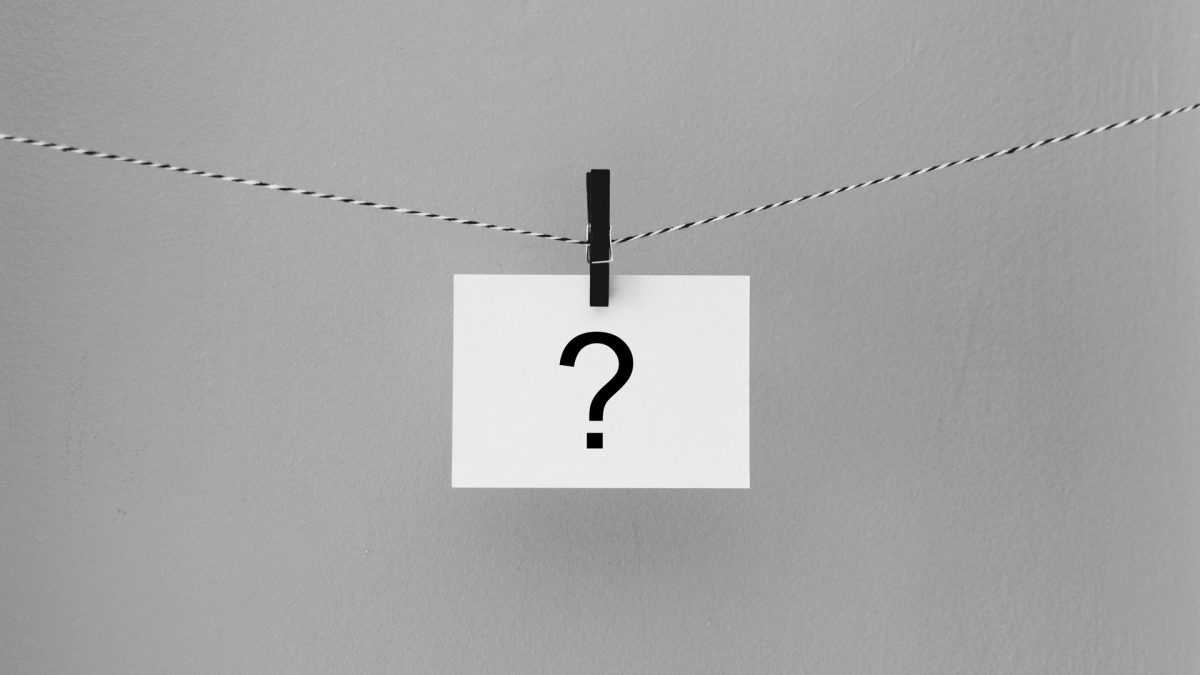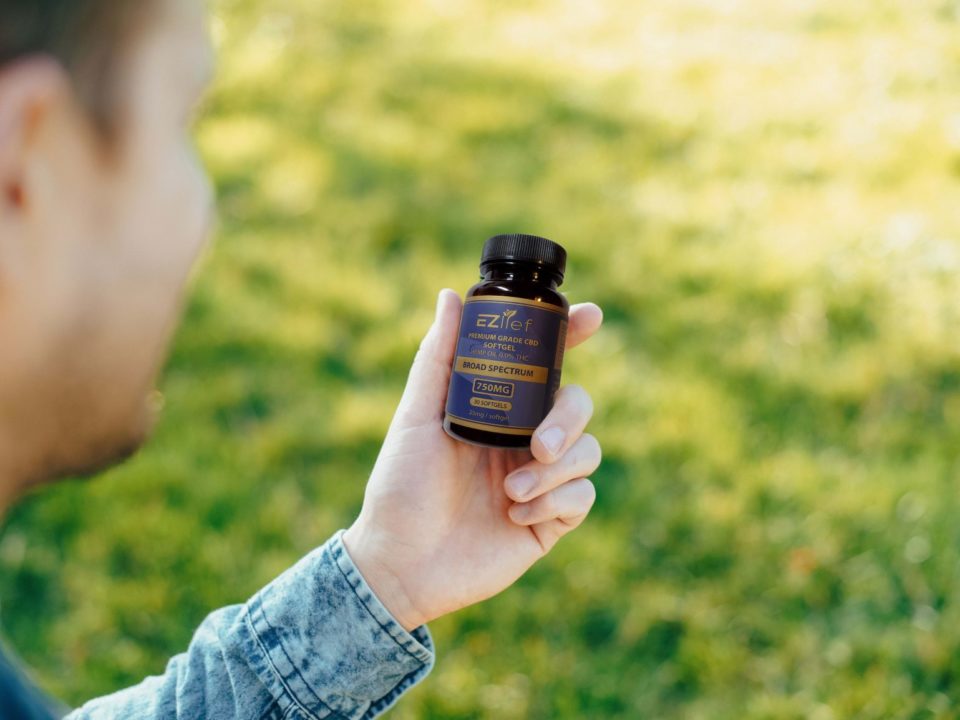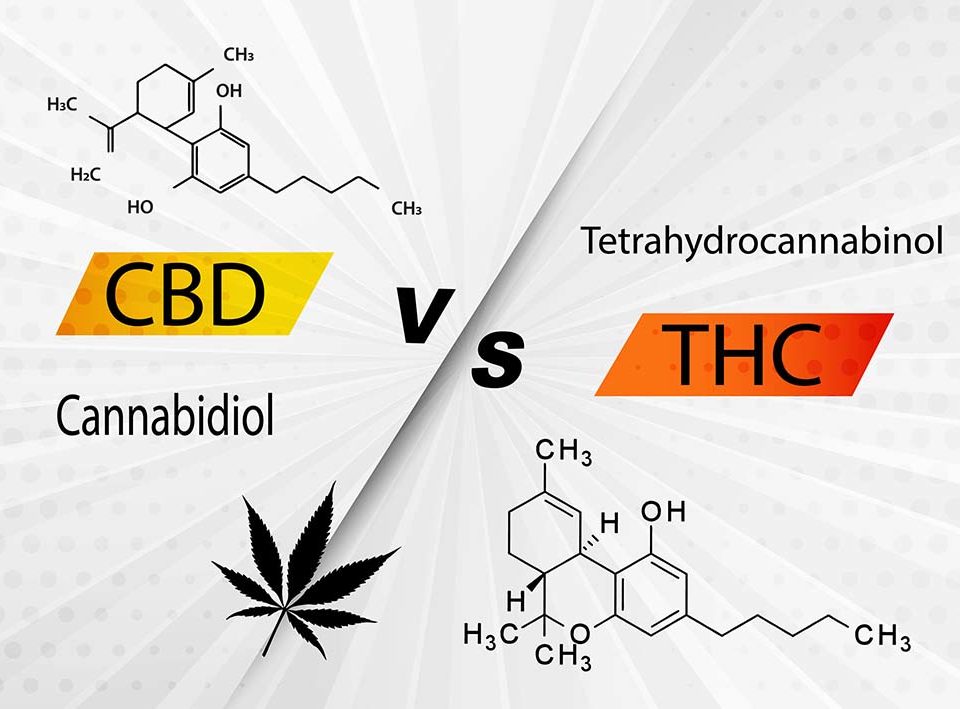What is CBD? Is it Legal? 9 Common CBD Questions We’re Asked About CBD

Can CBD Help With Sleep? 5 Benefits CBD Has for Sleeping
October 11, 2019
CBD for Working Out – How to Fit CBD into Your Diet
October 25, 2019CBD legal, CBD faqs: CBD has become wildly popular, and with good reason, as millions of users. A variety of studies have found that CBD can be helpful at addressing a variety of physical or emotional issues.
That being said, CBD is still relatively new to the market. As a result, many people have loads of questions about CBD. It includes how it works and its benefits. Here’s an overview of a variety of questions that you may want answers to.
What Is CBD?
CBD is short for cannabidiol. It is a chemical that is produced from the cannabis plant. It comes in a variety of forms. They are tinctures, softgels, balms, edibles, vaping juices and more.
It’s also worth noting what commercially available CBD is NOT: Medical Marijuana or Marijuana. The key difference is concentrations of THC, which is short for tetrahydrocannabinol, the compound in marijuana most commonly associated with intoxication. CBD does not have the same concentrations of THC has marijuana. As a result, they should be regarded as two different substances.
How Does CBD Work?
CBD works by altering the functioning of your body’s naturally occurring Endocannabinoid System, or ECS. Your ECS primarily consists of two components.
- Cannabinoids, which are produced in your body.
- Cannabinoid Receptors which are studded throughout your body. At the moment, scientists have identified two types of receptors, CB1 and CB2, though more may exist.
When cannabinoids react with cannabinoid receptors, it can impact a variety of bodily functions. It includes pain, fatigue, appetite, mood and more. CBD can strengthen these interactions. As a result, they last longer and have different impacts on your body.
Is CBD Legal In The United States?
Yes. Thanks to the passage of the 2018 Farm Bill, CBD has been legalized This is why you started seeing a variety of products for sale in the United States, as well as numerous high quality websites, which sold the product.
However, all forms of CBD are not legal. For CBD to be legal and commercially available, it must contain no more than .3% THC (Tetrahydrocannabinol, which is the compound in marijuana associated with intoxication). It also must be hemp-based.
CBD is also legal in dozens of other countries around the world. And the list is growing on a regular basis.
What Are The Main Benefits Of CBD?
Scientists are currently conducting a wide array of researching into CBD, This includes examining its potential physical, emotional and medical benefits. Thus far, the United States Food & Drug Administration has only approved one CBD-based prescription drug: Epidiolex, which is used to treat two rare seizure disorders in children.
However, research and anecdotal stories fro millions of users have identified a variety of potential benefits of CBD use. These include:
- Pain relief.
- Mood improvements, including reduced anxiety and depression.
- Reduced symptoms from major disorders and treatments, including cancer, Multiple Sclerosis, Parkinson’ Disease and Alzheimer’s.
- Improved sleep.
- Improved skin care and reduced symptoms from scaring, acne, Rosacea, and Eczema.
What Are Some Of The More Common Side Effects Of CBD?
As noted by a World Health Organization report, CBD is generally safe, non-addictive and has small but manageable side effects. More commonly experienced side effects include fatigue, loss of appetite, dry mouth and nausea.
More serious side effects are rare but possible and usually. It occurs with the interaction of other drugs or illnesses.
Can CBD Get You High?
Legally produced CBD cannot get you high. This is because it lacks the same concentration of THC as most forms of marijuana. It may make you feel relaxed, but a more severe, intoxicating feeling is not possible.
Can CBD Show Up On A Drug Test?
Probably not, but it is possible. There are three types of CBD:
- Full spectrum, which is minimally processed and includes all naturally occurring cannabinoids, terpenes and THC.
- Broad spectrum, which is the same as full spectrum but with the THC removed.
- CBD isolate, which comes in powder form and is removed of everything but raw CBD.
Only full-spectrum CBD has THC. Generally speaking, the amounts are so low that a positive drug test is unlikely. However, it is possible, depending upon a variety of factors, including:
- How recently you consumed the CBD.
- How sensitive the drug test is, and what type of drug test is used.
- Your metabolism.
- Past experience with CBD or cannabis products (more frequent experience does increase the possibility of testing positive on a drug test).
If you are concerned about testing positive on a drug test, broad-spectrum CBD is a safer form of CBD to use.
Can I Use CBD With Other Medications?
The answer is probably yes, but it’s worth checking out first. CBD can interact negatively with certain drugs, including blood thinners and sedatives. Since CBD works by enhancing your cannabinoid system, it can provide an additive effect on certain drugs. It results in a stronger impact than what is medically appropriate.
Furthermore, CBD can cause some problems for individuals with certain illnesses. For example, CBD can cause liver problems to get worse, which is why it is specifically not recommended for people with liver dysfunction.
Because of this, medical professionals always advise that you talk to your doctor before consuming CBD.
Should I Use CBD Instead Of Taking Medication?
Absolutely not. Many research studies have shown that CBD has the potential to make a positive impact on a variety of conditions. It’s everything from mood disorders to sleeping, and even treating less common problems like urinary incontinence. However, that does not mean that CBD can be used in substitution with other prescription medications.
Furthermore, as there is only one FDA approved form of CBD, researchers need to answer a variety of questions before it becomes more medically appropriate. What is the therapeutic dosage of CBD? What strains or forms of hemp work best for what illnesses? Are there any long-term negative effects of CBD use?
These questions must be addressed before CBD can be considered for longer-term therapy.






3 Comments
Hello my friend! I want to say that this article is amazing, great written and come with approximately all important infos. I’d like to peer more posts like this .
Thank you. Glad that you like our article. Stay tune for more informative newsletter 😊
Very good written story. It will be beneficial to anyone who employess it, including yours truly :). Keep doing what you are doing – looking forward to more posts.